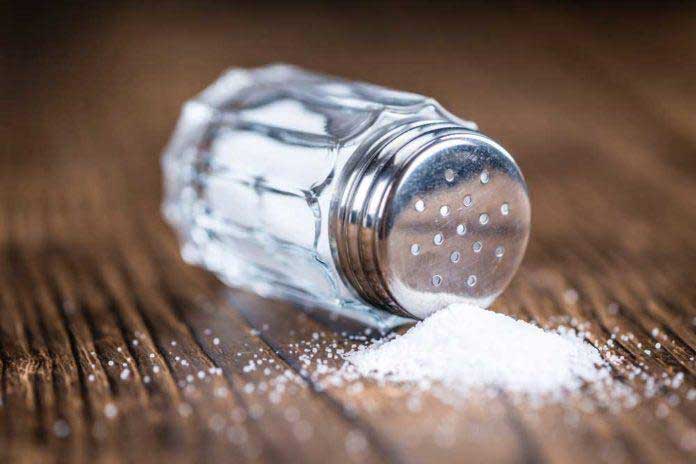To Salt or Not to Salt
That is the question, Mr. Shakespeare. Please forgive me for paraphrasing your words to describe what seems to be a 21st-century puzzle which is, can I use table salt, or will it cause hypertension? Are salt and high blood pressure necessarily correlated?
Temporarily Elevated Blood Pressure is Not Hypertension
“The evidence linking salt to heart disease has always been tenuous”, says the Journal of the American Medical Association. America’s fear of high blood pressure caused by salt goes back to a study in the 1970s.
But, as more and more studies have emerged, there is very little reason to fear adding table salt to your food.
In another study, Dr. Jan Staessen said that “The evidence relating blood pressure to salt intake does not translate into an increased risk of incident hypertension in people consuming a usual salt diet. Having a temporarily elevated blood pressure is not the same thing as having hypertension, as blood pressure varies normally throughout the day depending on a variety of factors.”
Basically, salt and high blood pressure i.e. hypertension are not necessarily correlated.
How We Respond To Salt Varies Person To Person
The truth is that we all vary in how we respond to salt.
An old study in the Journal of Chronic Diseases reported that the number of people who experience drops in blood pressure after eating high-salt diets almost equals the number who experience spikes in their blood pressure.
Only about 5% of the sodium in our diets comes from the saltshakers on our tables. And only 12% is naturally present in the foods we consume.
The reason for this, as explained by epidemiologist Michael Alderman, is because “the human kidney is made, by design, to vary the acceleration of salt based on the amount you take in.”

Are You Salt-Sensitive?
Excess salt can only have a negative effect on blood pressure if you are an individual who is salt-sensitive. This is a condition affecting about 50% of elderly African Americans.
These individuals need to reduce their sodium intake to 2,300 mg a day which is the American Heart Association’s recommended amount for everyone. The average American consumes about 3,400 mg a day.
If you are not salt-sensitive your intake of salt doesn’t seem to be related to hypertension – high blood pressure.
Too Little Salt is Unhealthy Too
It is true that among those who are salt-sensitive too much salt could have a negative effect on blood pressure, BUT too little sodium can also take a toll on our health.
Restricting too much sodium can lead to low blood sodium levels called hyponatremia. This can render your heart incapable of muscle contraction.
One of the jobs of sodium is to pair with potassium in aiding the flow of fluid into and out of cells. This enables your body to regulate the amount of fluid that is in the tissues and the bloodstream and how much of that fluid is either excreted or reabsorbed by the kidneys.
The American Journal of Medicine released a report in 2006 that compared the daily sodium intakes of 78 million Americans to their risk of dying from heart disease over the course of 14 years. In this study it was found that the more sodium people ate, the less likely they were to die from heart disease.
In other words, if you find a study that says that salt is unhealthy, you’ll find another that says that it’s not.
In Conclusion
As far as salt and cardiovascular heath go it may seem as though you’re damned if you do and damned if you don’t. But that’s not really the case.
While salt doesn’t affect everyone equally, it’s probably best to stick to moderate amounts in your diet.
If you know of a great low salt potato chip, I’m all ears. Give me a call at 216-991-5222 to discuss your future and your health. And, who knows, we might have a jar of low salt pretzels waiting for you.

